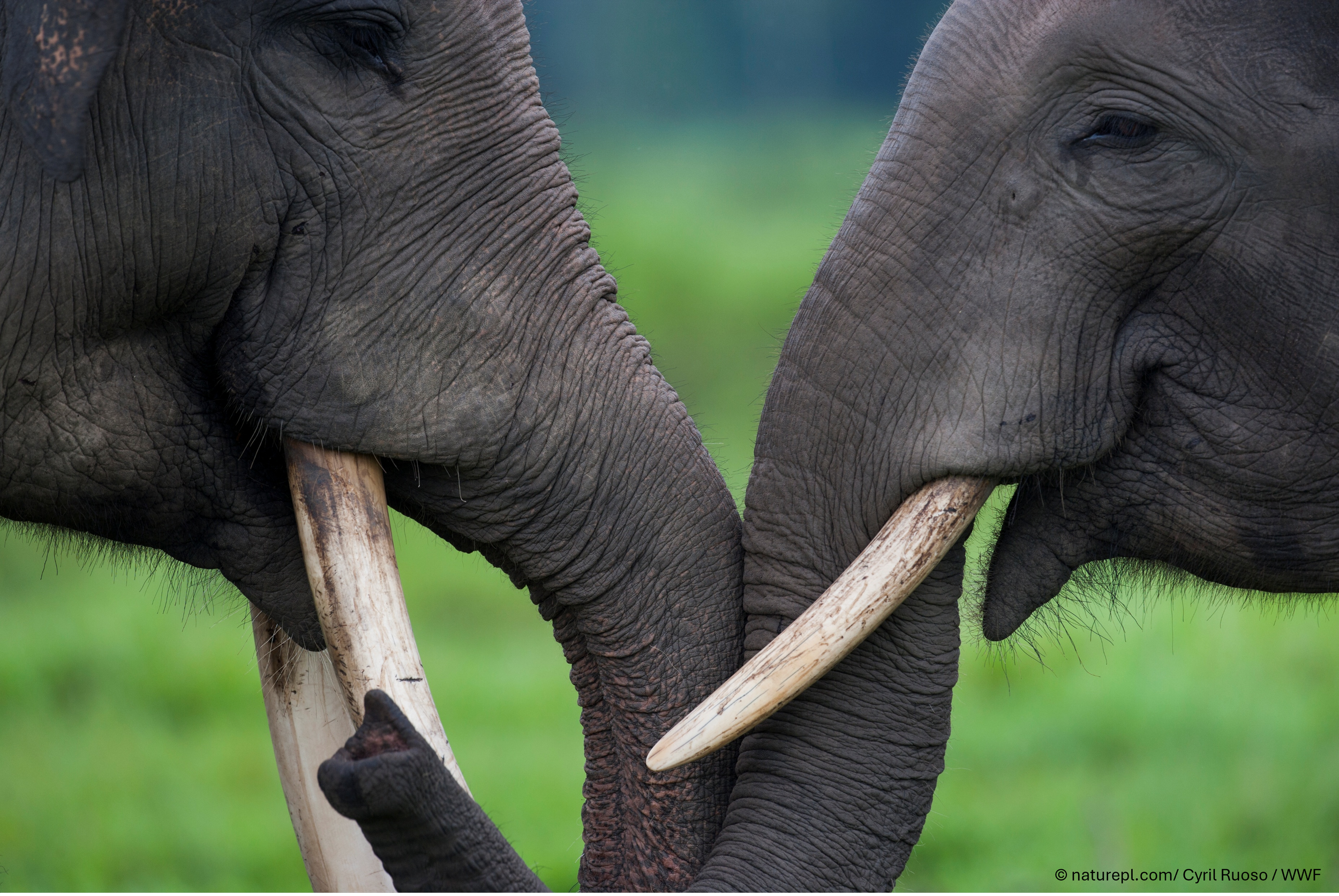
Coalition Prohibited Wildlife Policy Framework
Coalition Prohibited Wildlife Policy Framework
The aim of the Coalition to End Wildlife Trafficking Online is to reduce wildlife trafficking through Internet and app-based platforms. This includes the prohibition of online trade in endangered species and species where the trade is highly detrimental and unlikely to be legally sourced. Each Coalition company is responsible for designing a policy that best fits and protects their users and business operations around the world, while preventing wildlife trafficking.
Protecting the Rarest Species
The Prohibited Wildlife Policy Framework was revised in 2020 to include species that are not listed by CITES but are very rare and could be at risk from online trade. The species that meet this category fall into two groups: newly discovered and rediscovered species that were thought previously to be extinct, and critically endangered endemic species.
Occasionally, new species and species previously thought to be extinct may be rediscovered, mostly found in small isolated locations, and awareness of rediscovery may result in their collection for trade. These species are not or may not always be protected under CITES or other laws, for example because laws might not apply to species considered to be extinct or newly discovered species. Therefore, recently described and rediscovered species that are being collected for trade are prohibited from sale online.
Many critically endangered endemic species, occurring only within a single nation’s geographic boundaries, are often not included under CITES as they rarely, if ever, appear in international trade. The severe threats faced by these species means that any removal of the species from the wild would have a major impact on their future existence. In some instances, such species have appeared for sale online, but without any regulation to prevent it. Therefore, critically endangered endemic species are also prohibited from sale online.
Examples of prohibited live species & their products include but are not limited to:
(click on each image for additional details)
© 2024 World Wildlife Fund, Inc. PRIVACY POLICY WWF SITE TERMS















